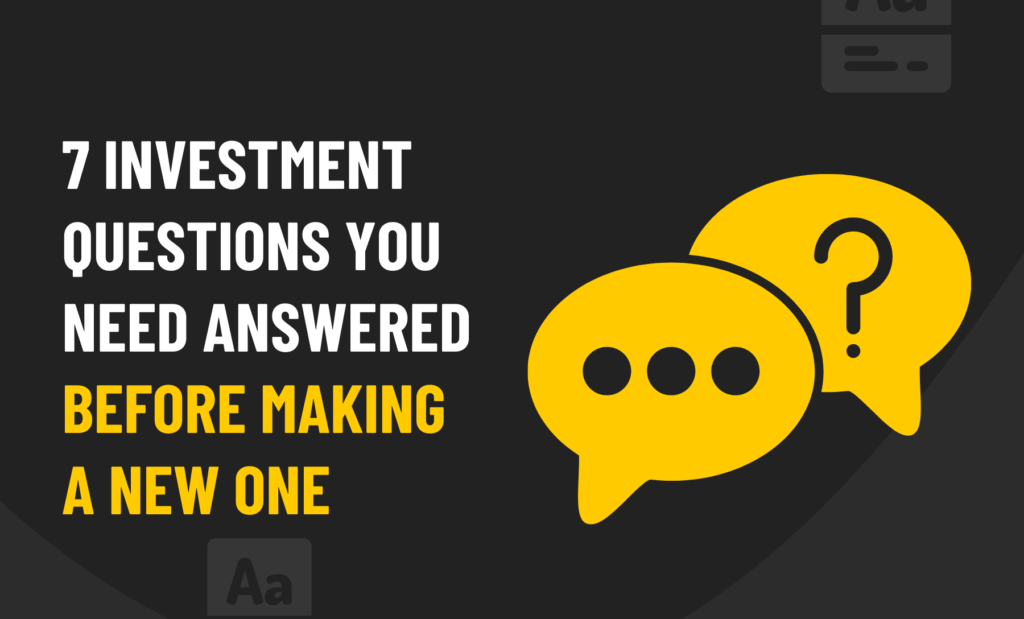Many financial analysts and professionals claim that Britons are not very good savers compared to other nations’ populations.
The basic act of placing money in the bank in an interest-bearing savings account is the traditional saving strategy that many people are at least somewhat aware of. That is one method of doing things, and it is in no way a terrible notion because saving money is always preferable to not doing so.
But is it the best way to make use of the money you have to save, or the best way to build wealth, a goal that many people vaguely know that they should be striving for? Usually the answer is no.
Investing your ‘savings money’ in a more aggressive manner is a far better way to build wealth but it is not without its risks. And any investment does pose a risk. Which is why, even if you are working with a financial adviser you personally need to understand
certain things about a potential investment before you part with a single penny.
In other words before you choose an investment, you need to understand how it really works and the risks involved. And you can begin to do so by asking yourself the following seven questions;
1. How Does the Investment Work?
The term investment is of course a very loose one and every opportunity will work – or not – in a different way. Having a financial adviser that understands it all is great but you should too, and understand it well enough that you could explain it to someone else.
2. What are Your Goals for This Investment?
You need to get it clear in your own mind just why you are considering this investment, what you hope it will do for you. Are you hoping to grow the money invested over time? Do you want to be able to draw an income from it quickly? Or are you hoping to achieve a combination of both?
3. What are the Risks of This Investment?
As we mentioned previously, no investment comes without a certain level of risk, but some are obviously riskier than others. You should determine just what the risks are as well as how comfortable you actually are taking them.
4. How Long Do You Plan to Stick With This Investment?
There are three basic types of investment in terms of length; short-, medium- and long-term. Which one describes this opportunity and does that time frame align with your goals?
5. How Much Do You Expect to Earn?
Sometimes novice investors go into an investment without a realistic idea of its earning potential and are therefore disappointed – and out-of-pocket – when it does not perform in the way they had expected it to. Get a realistic estimate of the earning potential of the investment you are considering and then decide if that is in line with what you ‘need’.
6. What Are the Real Costs Involved to Buy, Hold and Sell This Investment?
An investment is not a grocery store purchase. There is more to an investment than the initially stated value to buy in. There may be administrative fees. You may have to pay taxes on the money you earn. These are ‘extras’ you need to be clear on before you invest.
7. What Other Investments Do You Already Hold and How Does This One Fit with Them?
Any sensible investor maintains what is known as an asset mix. Aligning with the old wisdom that you should never put all of your eggs in the same basket doing so is only common sense.
This asset mix may include real estate, bonds, company pensions and more, as well as this potential investment. And this new investment really should ‘fit in’ with those you already hold. This last question really is probably one that you should consider in greatest depth
as to take on something that might put your established assets – assets like your home – at an unreasonable risk could be worse than not making the investment at all.




